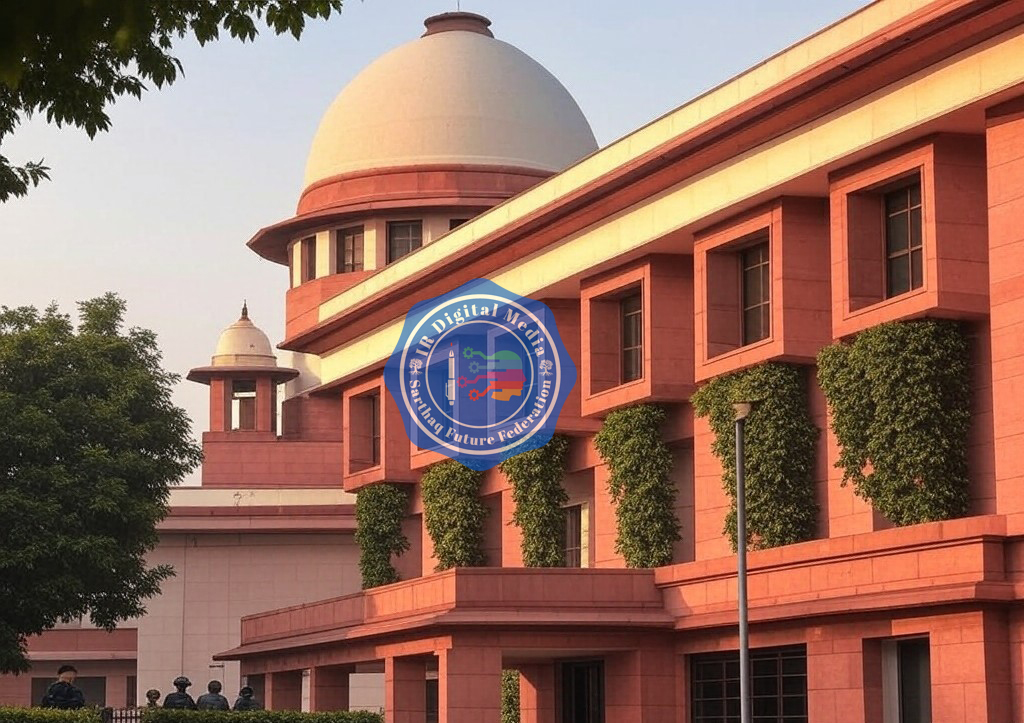The legal framework protecting public servants, particularly police officers, has long been a topic of intense debate. One key provision, Section 197 of the Criminal Procedure Code (CrPC), offers protection to public servants, including police officers, from prosecution for actions taken during their official duties. However, the Supreme Court’s recent ruling in Om Prakash Yadav vs. Niranjan Kumar Upadhyay & Ors has reshaped the application of Section 197 CrPC, specifically in scenarios where police officers are accused of filing false cases or fabricating evidence.
The Core Issue
The Supreme Court addressed whether a police officer accused of filing a false case and fabricating evidence could claim immunity under Section 197 CrPC. This section stipulates that no public servant can be prosecuted for acts done in the discharge of official duties without prior government or authority sanction.
In the case involving Om Prakash Yadav, police officers allegedly created false alibi documents to protect a murder suspect. The Madhya Pradesh High Court had initially quashed the criminal case against these officers, citing the lack of required sanction under Section 197 CrPC. The Supreme Court, however, reversed this decision, clarifying the application of Section 197 when police officers engage in criminal activities like filing false cases or fabricating evidence.
Interpreting Section 197 CrPC
Section 197 CrPC aims to protect public servants from baseless or malicious prosecutions. It requires prior sanction for prosecuting any act done in the course of official duties. This protection prevents harassment or wrongful accusations against public servants making decisions in complex situations.
However, this protection isn’t boundless. Acts outside the scope of official duties, especially those involving criminal behavior, do not qualify for immunity under Section 197 CrPC. The Supreme Court emphasized that filing false cases and fabricating evidence do not fall under official duties and thus are not protected.
Supreme Court’s Ruling
Justices J.B. Pardiwala and Manoj Misra delivered the judgment, stating that police officers accused of such crimes do not require sanction under Section 197 CrPC to face prosecution. They clarified that the protection under this section only applies to acts done in good faith within official duties. Deliberately lodging false cases or fabricating evidence constitutes an abuse of power, not part of official duties, hence no sanction is needed for prosecution.
Overturning the High Court’s Decision
The Supreme Court explicitly overruled the Madhya Pradesh High Court’s decision to quash the case due to the absence of sanction. The Court stated that at the initial stage of a case, dismissing it solely for lack of sanction is inappropriate. It’s the trial court’s role to determine, based on evidence, whether the act was part of official duties.
Fabrication of Evidence Not an Official Duty
The judgment firmly established that fabricating evidence is not an official duty of a police officer. The Court cited legal precedents to argue that such acts are criminal misconduct, not protected under Section 197 CrPC.
Legal Precedents
The Court referred to previous cases where misuse of power by public servants was not shielded by Section 197 CrPC, especially in scenarios involving illegal activities like witness intimidation or document falsification.
Concerns of Power Abuse
The judgment highlighted the risks of allowing public servants to commit crimes under the pretense of official duties, which would undermine legal integrity and public trust in the justice system.
Broader Implications
This ruling significantly impacts how public servants, especially police, are held accountable. It strengthens the legal framework ensuring that no one is above the law, reinforcing the accountability of those in positions of power.
The Supreme Court’s decision in Om Prakash Yadav vs. Niranjan Kumar Upadhyay is pivotal, clarifying that police officers cannot use Section 197 CrPC to escape prosecution for criminal acts like filing false cases or fabricating evidence. This ruling ensures that public servants operate within the bounds of law and integrity, setting a precedent for future cases involving police misconduct.


